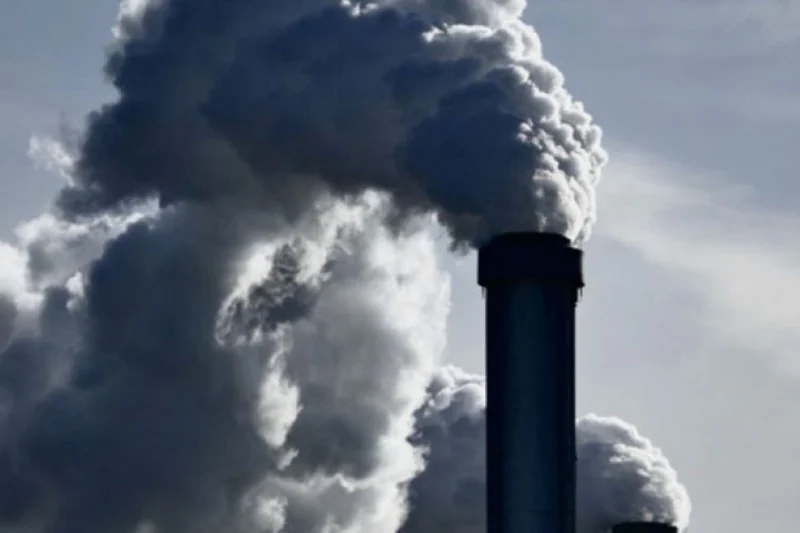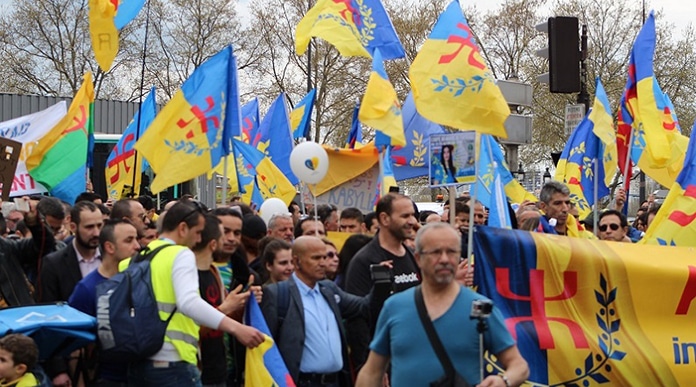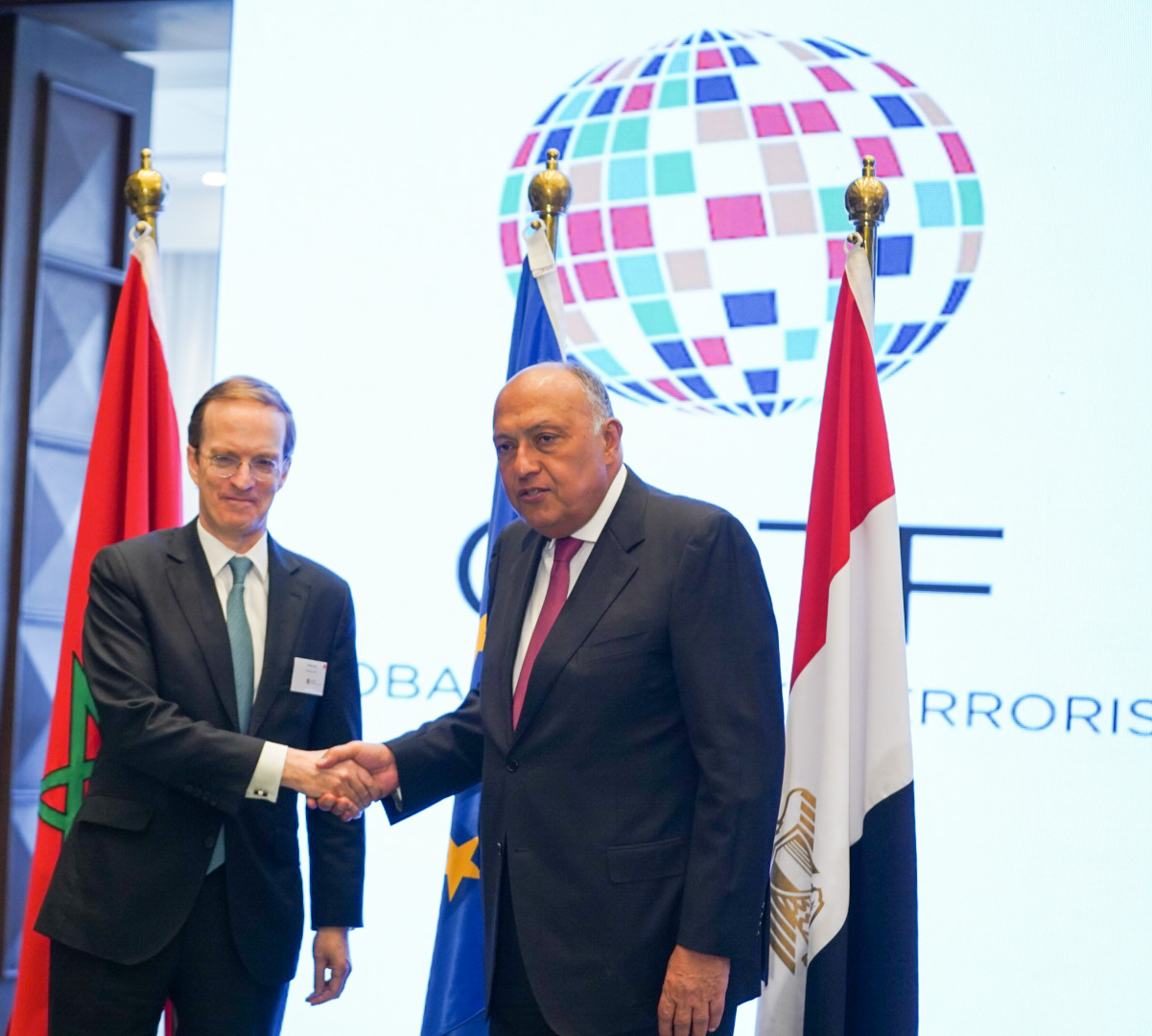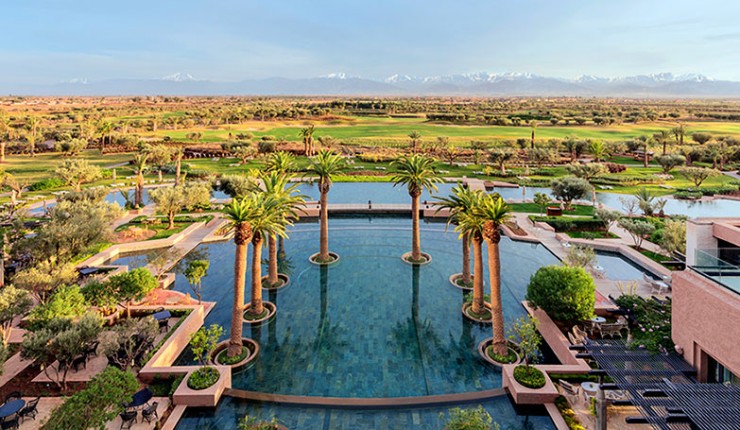Investing in climate action now will reap important benefits for Morocco, creating new jobs, revitalizing rural areas and positioning the kingdom as a green industrial hub while helping to reach its broader development goals, according to a new World Bank report released Thursday.
The Morocco Country Climate and Development Report (CCDR), the first in a series of CCDR reports to be released in the MENA region, said total investment needed to put Morocco firmly on a resilient and low carbon pathway by the 2050s would amount to around $78 billion. This investment could be gradual, but the pay-off would be large, making Morocco more attractive for direct foreign investment and exports, plus boosting economic growth.
“Given the impacts of climate change, Morocco is already making impressive progress in its pursuit of a low-carbon future,” said Axel van Trotsenburg, World Bank Managing Director of Operations. “This groundbreaking report lays out priority areas to manage water and other resources and decarbonize the economy in a way that achieves both climate and development objectives,” added Van Trotsenburg.
The CCDR is a new World Bank diagnostic tool that explores the linkages between climate and development and identifies priority actions to build resilience and reduce carbon emissions while supporting economic growth and reducing poverty.
The report identifies three priority areas for urgent climate action – tackling water scarcity and droughts; enhancing resilience to floods; and decarbonizing the economy. The report also looks at the cross-cutting issues of financing, governance, and equity.
Morocco is a climate hotspot and one of the world’s most water-stressed countries, quickly approaching the absolute water scarcity threshold of 500 cubic meters of water per person per year. More frequent and severe droughts are a major source of macroeconomic volatility and threaten food security. For example, a 25% reduction in the supply of water affecting all sectors of the economy and a drop in crop yields due to climate change could lead to a 6.5 percent reduction in GDP, the report said. The report argues that while investment in water infrastructure is vital, it should be complemented by policy reforms in the water sector and a shift in consumer behavior.
The report identifies key pathways to decarbonize the economy by the 2050s, reducing reliance on fossil fuels and massively deploying solar and wind power. It forecasts that over 85 percent of electricity could be generated from renewable energy by 2050, up from 20 percent in 2021. There would be a net gain of at least 28,000 jobs per year (amounting to 140,000 jobs in five years) in the renewable energy and efficiency sectors alone. This excludes jobs from green hydrogen, electric mobility or other green industrial investment, which would boost employment further.
The report estimated that decarbonization would cost around $53 billion over the next three decades, but that this would largely be shouldered by the private sector if suitable sector policies are implemented. The net economic impact would be positive: less need for fossil fuels and ammonia imports; increased energy security; reduced air pollution, plus less vulnerability to international hydrocarbon price shocks. Decarbonization could also open the door for Morocco to become a net exporter of green energy and green hydrogen and position the kingdom as a hub for green industrial investment and exports, most notably to the European Union.
Overall, investment needs for both mitigation and adaptation would require an estimated $23.3 billion between now and 2030, with two-thirds of that focused on adaptation needs; $25 billion between 2031 and 2040; $29.5 billion between 2041 and 2050. Investment for adaptation needs are particularly important in rural areas where the report estimates that climate-induced changes (water availability and lower crop yields) could lead to more than 1.9 million Moroccans moving out of rural areas (about 5.4 percent of the total population) by 2050. While adaptive measures can limit the number of climate migrants from rural areas, Morocco will also need to take steps to provide more and diverse job opportunities in those areas.
The report recalls that Morocco has launched several strategies and plans to tackle climate challenges including Plan Maroc Vert to support climate-smart agriculture, the National Energy Strategy to deploy renewable energy, the 2030 National Sustainable Development Strategy and the 2030 National Climate Plan.



